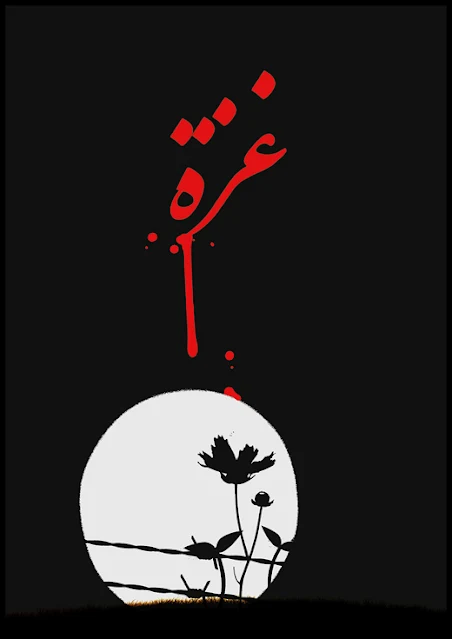Milena Rampoldi, ProMosaik, 27/5/2021
In the preface to your book about the Heroes you quote David Giles: “The history of fame is about nothing less than the history of Western civilization. It is also about the history of the individual, and therefore it is about the history of human psychology, too” (Giles 2000: 12). How can this close connection between heroism and Western civilization be explained?
In conventional handbooks of world history you find clichés about how Western civilization originated. The great civilizations of antiquity, that is Greek and Roman civilizations, are identified as the sources from which European cultures inherited technological innovations, civic institutions and literary genres that mark the standards of advanced culture. It is common-place to interpret these as foundations of Western civilization.
Heroism is known to have been an iconic value of self-identification which the Greeks celebrated and which they instrumentalized, in their self-representation, to form a public image. The earliest manifestation of the hero cult are found in the epic poetry of the archaic era (8th century BCE), above all in Homer’s Iliad. The spirit of the epic literature provides a mirror image of Greek mythology which abounds with stories about heroes in action. The celebration of heroism is all-present in the picture-friezes on the walls of the Parthenon temple on the Acropolis, addressed by Joan Connelly as the “West’s most iconic building” (2014).
Heroes strive for fame, and this mentality became widely popular, with the tradition of epic themes influencing the European literary tradition since antiquity into modern times. The choice of fame-seeking as priority for one’s aspirations is an attitude that has become an imprint in the minds of Europeans ever since the values of Greek antiquity entered the canon of the western European tradition of civilized life-ways.
In the epic literature, the Trojan War is in focus, and heroes gain fame as valiant warriors. This embedding of heroism in the action frame of warfare and militant conflict left a permanent mark on the European mind. The mentality of the warrior set priorities for an individual’s aspirations, favoring boundless egoism, ruthless competition and aggressive power struggle, with the consequence that communal interests were marginalized and values of the common good became neglected.
Fame-seeking and competitive heroism shaped the zeitgeist of colonialism and nationalism, with ample manifestation in colonial wars and knock-out mentality in entrepreneurship. The concept of Western civilization experienced its extension, to become the well-known model of Euro-American civilization.
How did the warrior caste emerge which then spread the cult of heroes?



